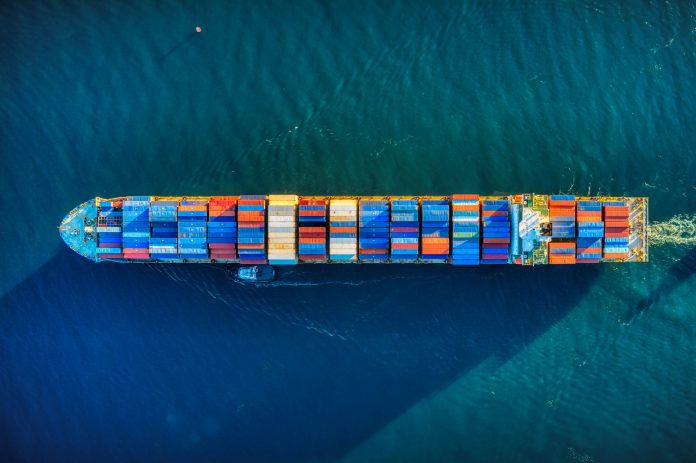The International Transport Workers’ Federation (ITF) sustainable shipping position paper cautions that the shipping industry needs to set decisive targets to help prevent global climate catastrophe.
Currently, there are more than 50,000 cargo ships on the world’s oceans, the majority of which run on low-grade, heavy ‘bunker’ fuel. Together, the ships emit as much greenhouse gas into the atmosphere as entire countries, such as industrial powerhouses Germany and Japan, according to a report.
International shipping has not been explicitly included in the landmark Paris Agreement or its predecessors. The Paris Agreement aims to limit the global temperature increase to 1.5°C, and to bring international shipping into this line. The ITF is calling the industry and regulators to commit to a target of zero-carbon by 2050.
“People who work at sea witness the impacts of climate change every day and are extremely concerned that their industry is not acting quickly enough,” said Stephen Cotton, ITF’s General Secretary, and pointed out that “huge changes are needed swiftly to switch the shipping industry away from fossil fuels.”
The ITF’s sustainable shipping position paper sets out eight “fundamental principles for a just transition” to make sure the decarbonisation of the industry includes workers’ voices, as the industry tests alternative fuels.
“Seafarers want to be part of the solution,” said David Heindel, ITF Seafarers’ Section chair and the Federation’s Sustainable Shipping Working Group chair. “We want to lead the transition,” he added.
However, switching from carbon-heavy bunker fuel to new energy sources such as hydrogen or ammonia has the potential for danger for workers, and seafarers must receive adequate training.
“Changes such as the introduction of new technology must not be used as an excuse to reduce crewing numbers on ships or to attack workers’ jobs or conditions,” pointed out ITF.
“Seafarers must be at the table from the outset, if we are to deliver sustainable shipping for future generations. The industry would be well-advised to draw on workers’ experience and expertise. That way, plans for achieving zero-carbon emissions can happen quickly, safely and fairly,” explained Heindel.
Furthermore, ITF warns that ports will need major investment to replace diesel tanks and pipeline infrastructure with the fuel systems of the future. Upgrades could cost hundreds of billions of dollars and transitioning shipping to zero-carbon will be a challenge, particularly in the global south.
Hence, the ITF position paper calls on international regulators, governments and the shipping industry to look at ways the transition can be funded fairly, particularly for investments needed in the world’s poorest countries.
“A just transition for workers was included in the Paris Agreement for a reason – there can be no climate justice without labour justice,” said Cotton. “Workers will drive the urgent transformation of the global economy, and seafarers will drive the transformation in shipping.”







